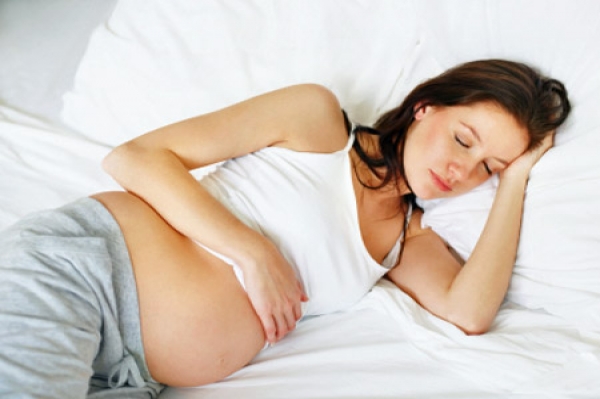 Sleep is absolutely one of the important essentials for good health. A good night’s sleep allows your body to recuperate and rejuvenate physically as well as mentally, so that you feel fresh and energetic. However, for chronic snorers and their bedfellows, though, falling and staying asleep is not that simple. If your spouse snores and has trouble breathing at night, it may not just mean that she’s a noisy sleeper. Apart from several other causes, obstructive sleep apnea may be the reason behind snoring.
Sleep is absolutely one of the important essentials for good health. A good night’s sleep allows your body to recuperate and rejuvenate physically as well as mentally, so that you feel fresh and energetic. However, for chronic snorers and their bedfellows, though, falling and staying asleep is not that simple. If your spouse snores and has trouble breathing at night, it may not just mean that she’s a noisy sleeper. Apart from several other causes, obstructive sleep apnea may be the reason behind snoring.
A recent study published in the British Journal of Gynaecology has found a direct link between hypertension, snoring and sleep disorder. It has been stated that snoring in pregnant women with hypertension can lead to negative outcomes for both baby and mother. Obstructive sleep apnea is more likely to affect women having hypertension, and the main representing symptom is snoring. Women who do not snore are less likely to be affected by this sleep condition, but it is not uncommon.
Obstructive sleep apnea is characterized by episodes of cessation of breathing during sleep. The cessation of breathing or apnea brought about by these factors initiate impulses from the brain to wake the person just enough to start the breathing process. Snoring occurs when the tongue and muscles in the throat collapse, constricting the airway and causing heavy noise. Pregnant women with high blood pressure have less oxygen in their blood.
Some of the symptoms of obstructive sleep apnea in pregnant women include night time snoring, choking sensations during sleep, non-refreshing sleeps, daytime sleepiness etc. It is important to recognize pregnancy related sleep apnea, otherwise it can lead to serious complications such as low birth weight in babies and pre-eclampsia in mothers. Obstructive sleep apnea is a life threatening condition for both mother and baby. If the mom is not breathing and not getting enough oxygen, that means the baby is also not getting enough oxygen either, which may certainly cause problems.
Although no specific guidelines have been postulated for screening pregnant women for obstructive sleep apnea, pregnant women with hypertension and symptoms such as loud snoring and excessive daytime somnolence should be evaluated carefully for polysomnography. Meticulous sleep history, pregnancy-induced hypertension and excessive weight gain are some of the indicators for ordering polysomnography. Early intervention can detect severe cases and help in taking necessary steps to prevent maternal and fetal consequences.
